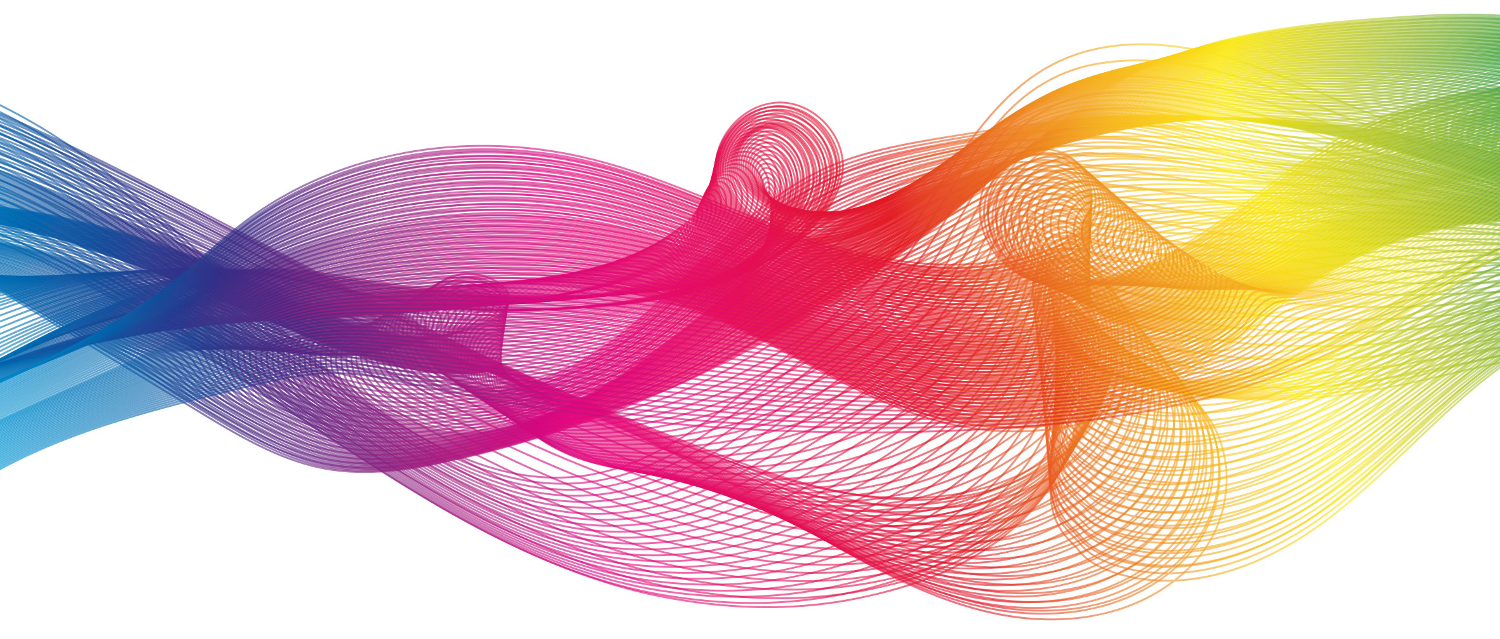Dr. Juliane Jarke (ZeMKI, University of Bremen) gives a presentation at the Latin American and European Meeting on Organization Studies in Chile
From April 6-9, the Latin American and European Meeting on Organization Studies (LAEMOS) will take place in Viña del Mar, Chile.
At the conference, Juliane Jarke will talk together with Prof. Raoni Rajão (Universidade Federal de Minas Gerais, Brazil) on “The materiality of data transparency and the (re)configuration of environmental activism in the Brazilian Amazon”. Both jointly organize the track “Performing Openess and Practicing ‚Minga‘ in Government, Education and Software Development”.
Further information on LAEMOS can be found here.
Members of the “Communicative Figurations” research network will present research results and approaches at the annual conference of the DGPuK from March 31 to April 1 in Leipzig
Prof. Dr. Uwe Hasebrink (University of Hamburg/Hans-Bredow-Institute für Media Research) will give a keynote on the conference topic “100 years of communication studies in Germany: From a speciality to an integrative discipline” with reference to the “communicative figurations” approach (31.03.2016, 09:30-10:30).
Prof. Dr. Andreas Hepp, Matthias Berg and Cindy Roitsch (University of Bremen, ZeMKI) will talk about the topic “media generations as process” (31.03.2016, 11:00-12:30).
Matthias Bixler and Prof. Dr. Thomas N. Friemel (University of Bremen, ZeMKI) will talk about “social networks and media usage of adolescents” (31.03.2016, 11:00-12:30).
Prof. Dr. Andreas Hepp (University of Bremen, ZeMKI) and Prof. Dr. Uwe Hasebrink (University of Hamburg/Hans-Bredow-Institute für Media Research) will talk together with Prof. Dr. Jo Reichertz (KWI Essen) about “constructivism in communication studies” (01.04.2016, 11:00-12:30).
PD Dr. habil. Wiebke Loosen und Julius Reimer will present together with Dr. Jan-Hinrik Schmidt (Hans-Bredow-Institut) and Nele Heise results of their project on audience participation at the weekly newspaper “Freitag” (01.04.2016, 11:00-12:30).
Prof. Dr. Michael Brüggemann (University of Hamburg) will talk together with Dr. Sven Engesser (University of Zürich) on “societal relevance of climate change” (01.04.2016, 14:00-15:30)
The full conference programme can be accessed here (in German language).
A new working paper by Dr. Leif Kramp (University of Bremen/ZeMKI) has been published in the “Communicative Figurations” working paper series.
The article is entitled “Conceptualizing metropolitan journalism: New approaches, new communicative practices, new perspectives?” and can be accessed here.
Further Communicative Figurations Working Papers can be accessed here.
13 and 14 October 2016, University of Bremen, Germany
In one way or the other the current transformation of society is related to media, which are understood to mean organizations, content and technologies. As a consequence, media themselves are gaining increasing relevance in political debates and for political activity per se. Actors like hacker collectives, alternative media or open source movements do not only use media to organize, collaborate and to mobilize, but explicitly center their activities on media-related questions. Pioneer communities like the Quantified Self or Makers movement have emerged as new kinds of collectivities at the crossroads between social movements and think tanks, in their support of new forms of media practice. At the same time, new initiatives critically deal with media and point to problems caused by current media appropriation. One prominent case is Repair Cafés where people maintain their devices to avoid buying new ones, pointing to the socio-ecological damage the production and disposal of media technologies cause. The number of examples that could be added to this list is constantly growing. What the actors mentioned have in common is that they tinker around with media, tease them apart, explore and modify them. They thematize how media are dominantly used in society and they often influence the way media are constructed and perceived in public discourse. Overall, by putting media at the center of their involvement, they are acting on media. Along with this development, apparently clear distinctions between ‘alternative’ and ‘established’ groups, between ‘insider’ and ‘outsider’ tactics, between ‘traditional’ and ‘new’ forms of media-related engagement become blurred. The core idea of this workshop is to bring together empirical analysis and critical reflections on different forms of acting on media.
With this focus in mind, we would like to discuss the following questions:
- Who are the actors (individual, collective, movement-based, etc.) that thematize, problematize and/or politicize contemporary media?
- How do actors act on media? What are their concrete aims and practices? What is their role in our social world?
- Which contradictions can we perceive regarding these actors and media appropriation – either in the initiatives themselves or between them?
- Which relevance and influence have and which constraints do these initiatives face in highly media-saturated societies?
- What kind of influence and effects result from these activities/actions?
We explicitly encourage contributions from actors analyzing in different research areas and disciplines – ranging from communities, organizations, think tanks, movements, and the like – that put media in the center of their activities. Besides presentations of empirical studies, we also ask for theoretical contributions and methodological reflections on how to analyze the research object outlined above.
Further information about the conference can be accessed here.
Dr. Hans-Ulrich Wagner (Research Centre Media History, Hans-Bredow-Institute for Media Research) gives a talk at the University Zürich on historical «Hamburg»-radio documents and communicative figurations of space-related identity formation.
The presentation will take place in the context of the conference “Popular Music and identity politics: making, archiving, transmitting, and receiving radio” which is organized by the research group Broadcasting Swissness (University of Zürich, University of Basel, University of Luzern) in cooperation with the Studienkreis Rundfunk und Geschichte at the University of Zürich from February 18-20, 2016.
Further information about the conference can be accessed here.
